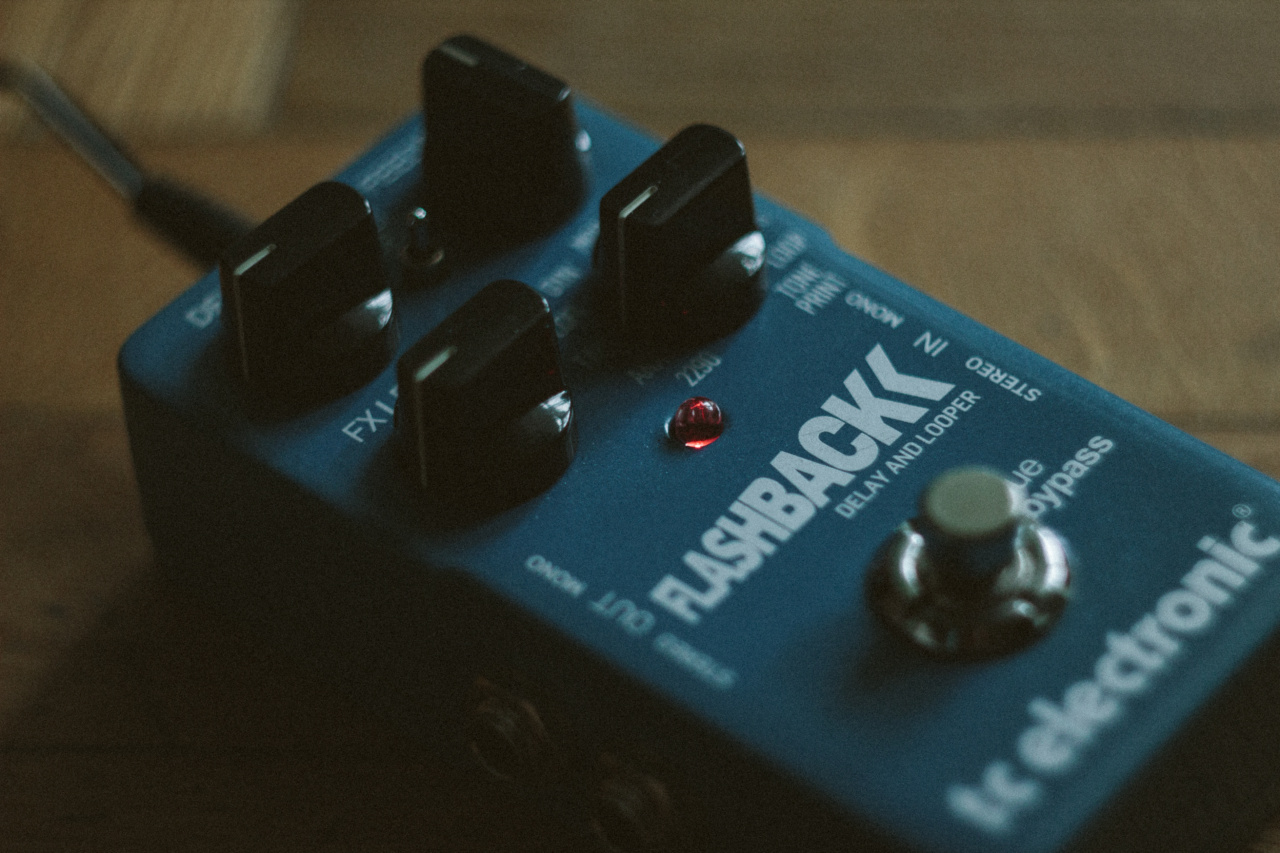Salt, also known as sodium chloride, is an essential component of our diet. It adds flavor to our food and plays a crucial role in various physiological processes in the body.
However, excessive consumption of salt has been linked to the development and progression of hypertension, also known as high blood pressure. Hypertension is a prevalent global health issue that increases the risk of cardiovascular diseases, stroke, and other complications.
Therefore, it becomes imperative to understand how salt affects blood pressure and explore strategies to neutralize its detrimental effects to control hypertension.
Understanding Hypertension
Hypertension is a medical condition characterized by persistently elevated blood pressure levels. It is often considered a silent killer as it typically doesn’t present noticeable symptoms, making it essential to measure blood pressure regularly.
Normal blood pressure ranges from 90/60 mmHg to 120/80 mmHg. Hypertension is diagnosed when the blood pressure consistently exceeds 130/80 mmHg.
The Link Between Excessive Salt Intake and Hypertension
Scientific research has established a strong association between high salt consumption and the development of hypertension. When we consume excess salt, the sodium content in our body increases.
Sodium is an electrolyte that plays a vital role in maintaining fluid balance, nerve function, and muscle contraction. However, an excessive amount of sodium disrupts the balance and causes the body to retain water, leading to an increase in blood volume. The increased blood volume puts additional pressure on the arteries, thereby elevating blood pressure levels.
How Salt Affects Blood Pressure
Salt affects blood pressure through various mechanisms:.
1. Increased Fluid Retention: Excessive sodium intake leads to water retention in the body, which increases blood volume and subsequently raises blood pressure.
2. Constriction of Blood Vessels: High salt consumption constricts blood vessels, reducing their diameter and increasing resistance to blood flow, contributing to elevated blood pressure.
3. Aldosterone Production: High salt intake stimulates the production of aldosterone, a hormone that causes the kidneys to reabsorb more sodium, leading to increased blood volume and hypertension.
4. Endothelial Dysfunction: Excessive salt damages the delicate lining of blood vessels, known as the endothelium, impairing its ability to regulate blood flow and maintain healthy blood pressure levels.
5. Activation of Sympathetic Nervous System: Salt activates the sympathetic nervous system, which increases heart rate and cardiac output, further elevating blood pressure.
Strategies to Neutralize the Effect of Salt on Blood Pressure
While reducing salt consumption is crucial for controlling hypertension, it is equally important to explore strategies that can help neutralize the effect of salt:.
1. Include Potassium-Rich Foods
Potassium counteracts the adverse effects of sodium on blood pressure.
Including potassium-rich foods such as bananas, spinach, avocados, and sweet potatoes in your diet can help maintain a balance between sodium and potassium, thereby reducing the hypertensive effects of salt.
2. Opt for Herbs and Spices
Instead of relying on salt to enhance the flavor of your meals, opt for herbs and spices such as garlic, ginger, turmeric, and cumin. These natural flavor enhancers can add depth to your dishes without the need for excessive salt.
3. Read Food Labels
Be mindful of the sodium content in packaged and processed foods. Carefully read food labels and opt for low-sodium or salt-free alternatives whenever possible.
Canned soups, sauces, and snacks are often high in sodium and should be consumed in moderation.
4. Cook at Home
By preparing meals at home, you have full control over the ingredients and can reduce the amount of salt used in your cooking. Experiment with different herbs, spices, and flavors to create delicious, low-sodium meals.
5. Be Mindful of Hidden Sodium
While reducing the amount of salt added during cooking and at the table is crucial, it’s important to remember that a significant portion of our sodium intake comes from processed foods, restaurant meals, and takeaways.
Be mindful of hidden sodium and choose healthier alternatives whenever possible.
6. Engage in Regular Physical Activity
Regular exercise offers numerous benefits, including the potential to lower blood pressure.
Engaging in aerobic activities such as brisk walking, jogging, swimming, or cycling for at least 150 minutes per week can help manage hypertension and offset the effects of salt on blood pressure.
7. Manage Stress Levels
Chronic stress can contribute to elevated blood pressure. Implement stress management techniques such as deep breathing exercises, meditation, yoga, or engaging in hobbies to promote relaxation and maintain healthy blood pressure levels.
8. Monitor Blood Pressure Regularly
Regular monitoring of blood pressure is essential to manage and control hypertension effectively.
Consult with healthcare professionals to determine the appropriate frequency of monitoring and take necessary actions if blood pressure levels are consistently high.
9. Seek Professional Guidance
If you have been diagnosed with hypertension or have concerns about your blood pressure, seek professional guidance from healthcare providers or registered dieticians who can provide personalized recommendations based on your health status and dietary needs.
10. Supportive Lifestyle Changes
Adopting a healthy lifestyle overall is essential for managing hypertension. Maintain a balanced diet rich in fruits, vegetables, whole grains, lean proteins, and healthy fats.
Limit alcohol consumption, avoid smoking, and aim for an adequate amount of quality sleep each night.































